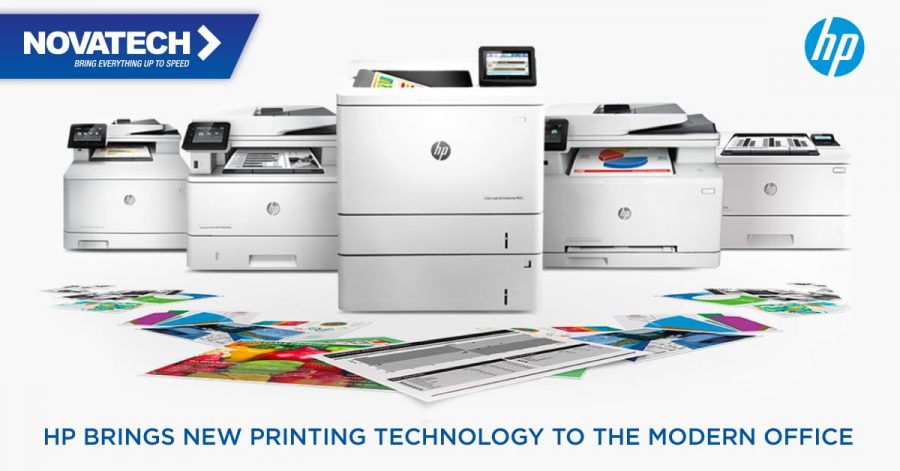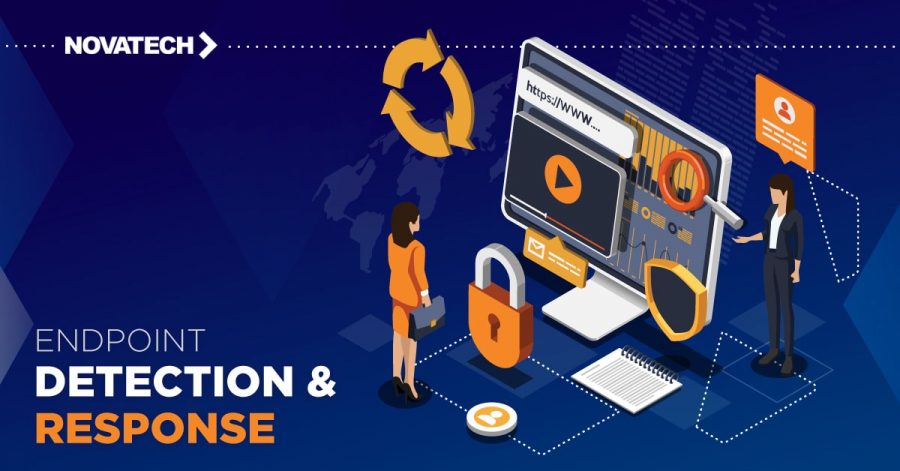Future work technologies transform businesses across the board
4 min read

The thought of losing your job to a robot can be terrifying—and it’s a fear that’s quickly beginning to feel like an imminent reality. But what if, instead of being replaced by future work technologies like artificial intelligence, you worked alongside machines to improve accuracy, increase efficiency, and achieve better outcomes?
This more comforting version of the future is called human-machine collaboration, and it’s already happening across the globe. Take Chitale Dairy in India, for example. This company helps small dairy farms improve milk yields by collecting and analyzing data from microchipped cows. By regularly tracking the well-being of their livestock, farmers can keep cows healthier, increase milk production, and improve the quality of their product, which in turn, helps small farms turn a profit and boosts the local economy. This type of innovative, scalable solution can revolutionize not only the world of agriculture but potentially every other industry, too.
In Southeast Asia, Singapore is known as a hub for technology and innovation in the region—but even they have some catching up to do in the field. According to The Business Times, research covering six Southeast Asian countries found that despite the country’s highly skilled workforce, Singapore could have the biggest mismatch between skills and jobs over the next decade.
While chatter about robots and the recent proliferation of new AI technology has stirred up questions and concerns for the future of work, human-machine collaboration is nothing new. Here are a few industries already leading the way.
Advances in healthcare
In 2000, the US Food and Drug Administration approved the first robotic surgical system. Since then, surgeons have been able to perform highly sophisticated procedures with less invasiveness and greater accuracy. Complex and delicate life-saving surgeries that were once too challenging to be performed regularly are now more feasible, thanks to human and machine collaboration.
AI is also helping doctors with everything from preventive care decisions (based on health tracker data) to early detection of diseases, and diagnosis of difficult-to-pinpoint health issues—thanks to machine-assisted healthcare data analysis.
The future of transportation and logistics
The invention of the car was one of the biggest leaps in human-machine collaboration. Since then, planes, trains, and automobiles have continued to grow in sophistication. In 2017, aircraft maker Boeing aroused concerns when the company announced a self-flying plane. But here’s the kicker—the modern airliners already rely on autopilot for nearly every aspect of flight control, with humans handling only weather monitoring, fuel tracking, and the most unpredictable situations, such as especially rough storms and emergency landings.
On the logistics side, shipping, delivery, and supply chain management organizations already rely heavily on algorithms that improve everything from packing boxes to choosing carriers, determining the most efficient delivery routes, and providing customers greater tracking visibility. Future work technologies will only advance these algorithms further.
Smarter finance and accounting tools
As anyone who’s worked an entry-level position in finance or accounting can attest, record keeping and data entry are not only boring and mundane, they also have a huge risk of human error. But as organizations employ more AI-powered tools, these errors become fewer and farther between. Accounting software vendors now offer automation for data entry, reconciliation, and even auditing.
But one of the greatest opportunities for collaboration between finance and accounting professionals and machines is in the area of fraud detection. Machines can recognize minor breaks in patterns faster than humans—which can stop fraud, reduce theft, and make it easier to catch criminals in the act. Once something is flagged, humans can jump in to take the necessary steps to notify law enforcement and resolve the situation.
A better workplace with machine collaborations
There’s no doubt about the discomfort people have with the idea of working alongside robots, but these new technologies also bring key benefits:
-
Less time spent on menial tasks
Few people enjoy tedious, repetitive tasks—but machines don’t mind them. Not only can human-machine collaboration potentially free you from the less enjoyable aspects of your job, but it also gives you the opportunity to focus on bigger projects, grow your skills, and achieve better work-life balance. -
Less emotion and bias in decision-making
Robots don’t have knee-jerk reactions that are rooted in anger or prejudice, nor do they hesitate or second-guess themselves. While human consideration is necessary in some cases, machines can make decisions based solely on facts and data. -
Improved on-the-job safety
Whether it’s diffusing a bomb or inspecting a condemned building, robots can help everyone—from law enforcement and firefighters to military personnel—stay a little safer.
Security in a world of humans and machines
Of course, the more technology is brought into the workplace, the more entry points are created for potential security breaches. Instead of simply securing your computers, you’ll need to secure al devices on your network—and today, that includes everything from badge scanners to printers. In a world where machines are involved in nearly every aspect of your day and AI is quickly becoming a bigger part of your office environment, security should always be a top priority. Imagine the fallout of a hacker taking down your financial automation software or stealing your customer data.
That’s no reason to avoid investing in AI or other innovative technologies, though. It simply means you must be diligent about how you fortify your network. These aren’t technologies to deploy without serious consideration. But if you’re smart and secure about how you implement them, you could completely revolutionize your business. The Managed Office experts at Novatech can help show you the way.
Novatech is a proud HP Partner First Managed Print Specialist



